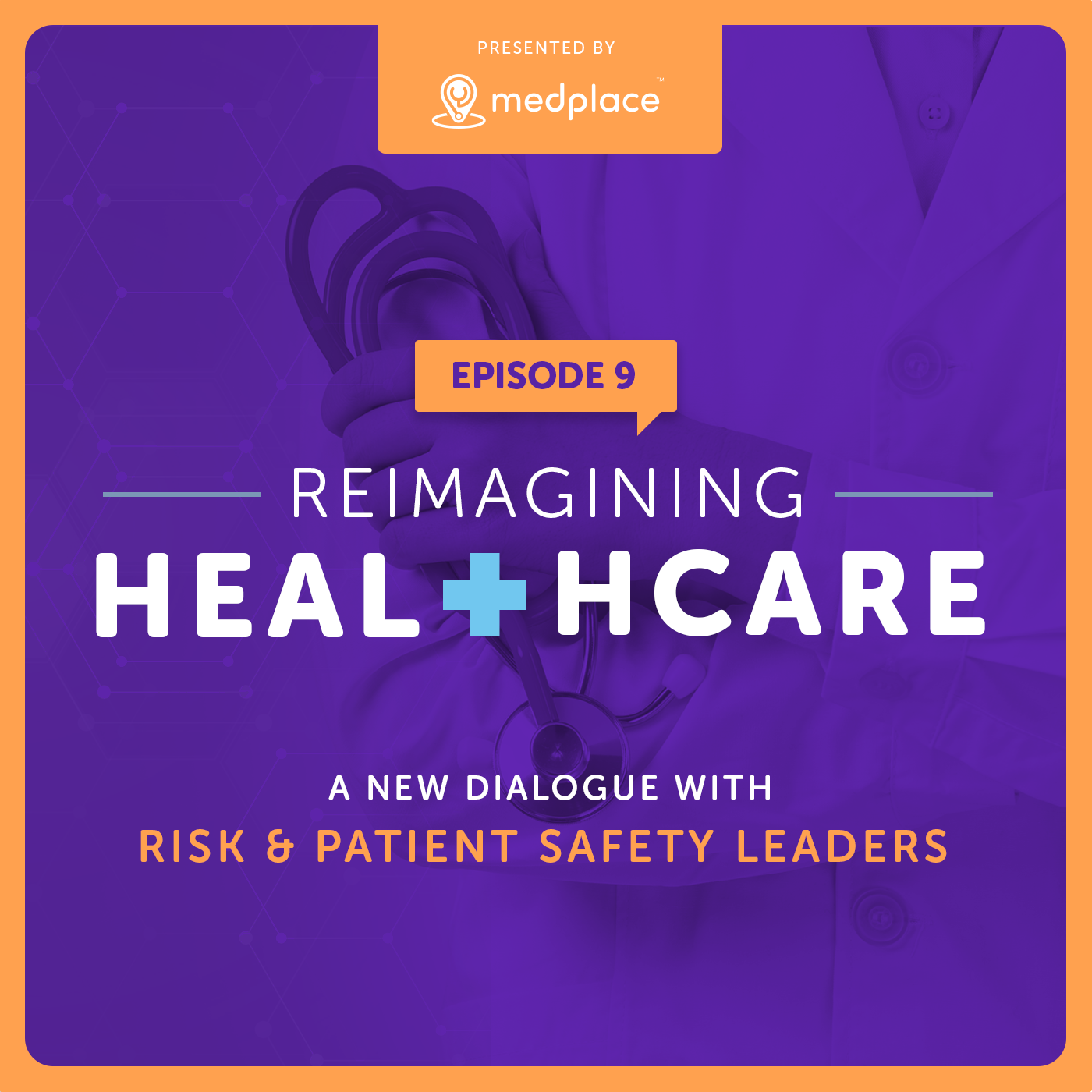
Table of Contents
Jun 24, 2022
Episode #9 - Dr. Husam Bader, MD - Changing Clinical Peer Review
Dr. Husam Bader emphasizes the need for unbiased peer review and suggests tips for a better review process with Medplace's CEO Jerrod Bailey. Listen now!
Patient Safety
Everything You Need to Know About Improving Medical Peer Review
This guide will help explain everything you need to know about improving Medical Peer Review.
November 20, 2023
Patient Safety
2 Ways to Standardize Your Peer Review Process
Here's how to standardize your hospital's peer review process with clinical guidelines and data collection.
October 13, 2023


